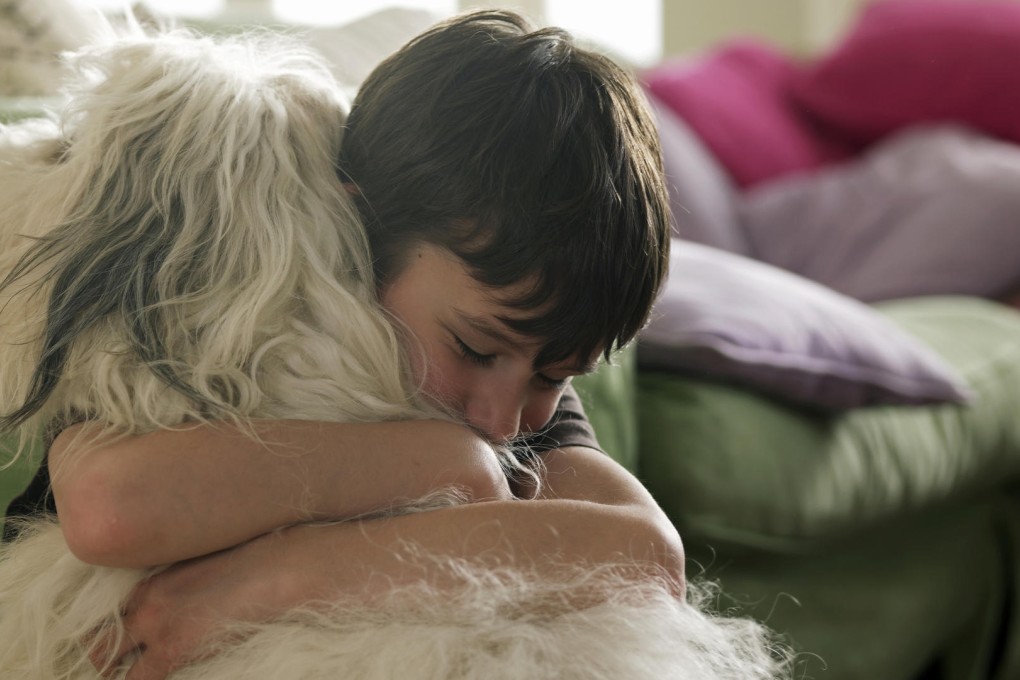To avoid being bitten, children must learn to respect animals
Felix Paige

With school holidays upon us and children spending more time at home, parents who are the owners of cats or dogs should now ensure that their children understand how to interact safely with these animals.
According to veterinarian Dr Lloyd Kenda, of Valley Veterinary Centre, nearly 5 million people, often children, are bitten by animals each year around the world.
And children are often more vulnerable than adults. "Adults tend to be able to recognise when to leave a sleeping cat alone, or that taking a bone out of a dog's mouth is not a good idea. In Hong Kong, the number of dog bites is relatively low, but we can never forget the tragic news of babies mauled to death and the pictures of horrific scars to children's faces from dog bites. In nearly all cases, these could have been prevented."
He says it is important that children have a healthy respect for animals. "We can all get a bit complacent with our own pets and children. Thinking along the lines of, 'We have had him for years and he never bites.' This may be true, but he may have never been challenged by a toddler trying to take his food away. All pets have a mind of their own and can never be 100 per cent reliable."

For cat owners, having children in the house means most likely that the cat is not going to get as much undisturbed sleep as normal and this may impact its behaviour. Kenda says it is important to remember that cats not only bite, but have very sharp claws which can scratch deeply. "Wounds from cat bites or scratches can easily get infected. If your child is bitten or scratched, wash the wound with copious amounts of warm water and soap."